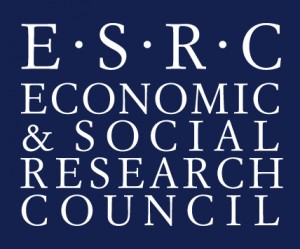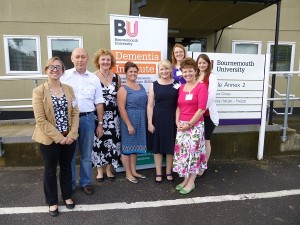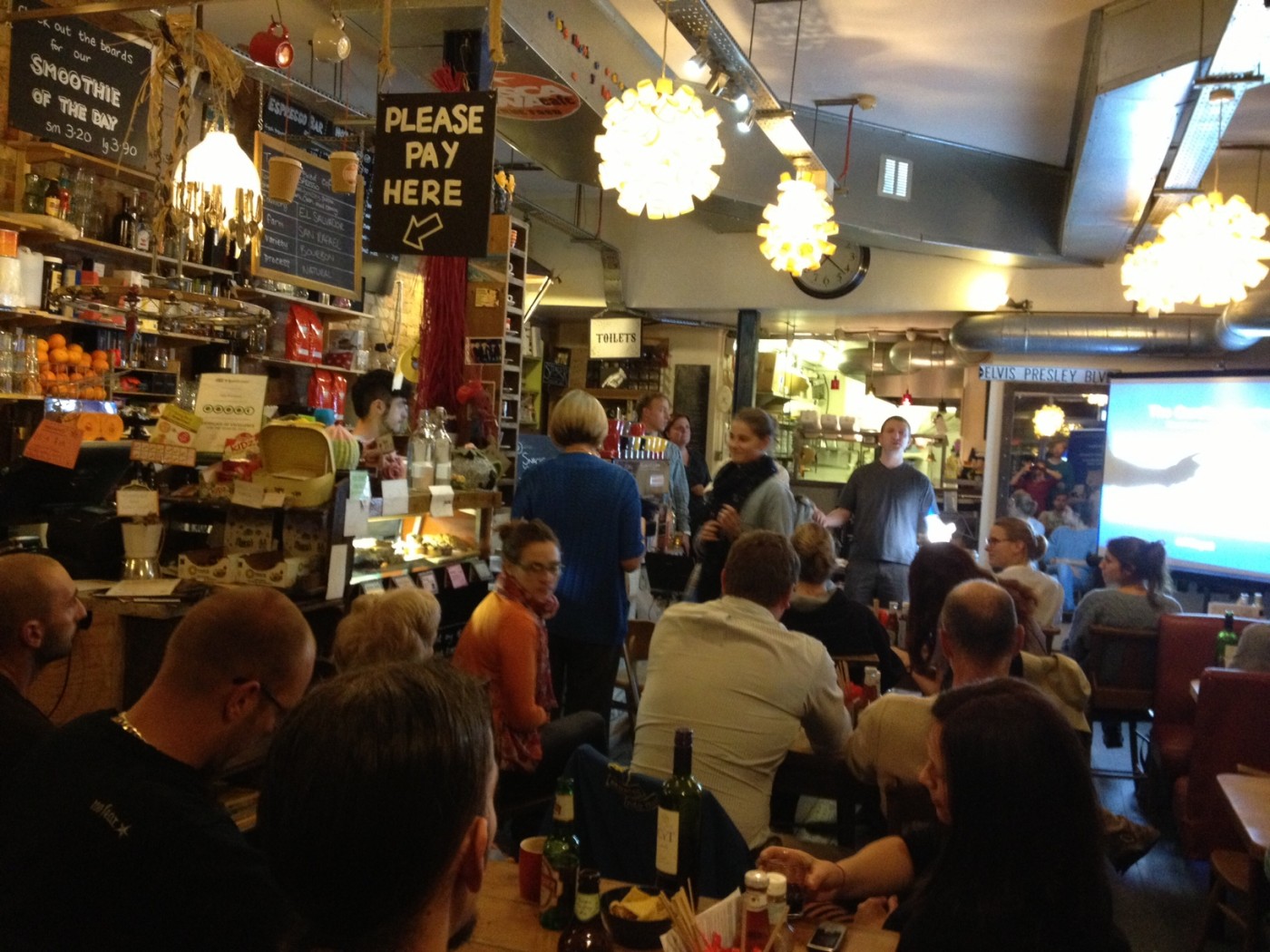Bookings are now open for November and December workshops
November 2012 Programme:
Peer Mentoring Training – for 2nd/3rd PGRs ONLY
Outline: Specialist training for Peer Mentors
Date: Wednesday 7 November 2012
Time: 09:30 – 11:30
Room: PG22, Poole House – Talbot Campus
Facilitators: Colleen Harding, Prof Tiantian Zhang & Dr Fiona Knight
Booking: GSbookings@bournemouth.ac.uk
Managing your citations using Endnote and Endnote Web
Outline: This workshop will include an introduction to Endnote and Endnote Web, exporting from databases, Cite While You Write Tool
Date: Wednesday 7 November 2012
Time: 14:00 – 15:30
Room: DLG31, Dorset Library – Talbot Campus
Facilitator: Emma Crowley
Booking: GSbookings@bournemouth.ac.uk
Research Governance – there will be a series of talks covering H&S, Ethics, IP and Originality & Plagiarism – Wednesday 14 November 2012
Outline: These sessions aim to equip you with the knowledge of standards, requirements and professionalism to undertake Research
Room: S305, Studland House
Booking: GSbookings@bournemouth.ac.uk
Ensuring Originality & Avoiding Plagiarism
Time: 09:30 – 11:00
Facilitator: Emma Crowley
Intellectual Property – owning and using Research
Time: 11:15 – 12:45
Facilitator: to be confirmed
Health & Safety
Time: 13:30 – 14:30
Facilitator: Prof Tiantian Zhang
Ethics
Time: 14:45 – 17:15
Facilitator: Julia Hastings Taylor
Research Methodologies – there will be a series of talks to look at both qualitative and quantitative research methods and whether there are potential benefits to be gained from combining the two – Wednesday 21 November 2012
Room: PG22, Poole House – Talbot Campus
Booking: GSbookings@bournemouth.ac.uk
Introduction to Quantitative Research Methods
Time: 09:15 – 11:15
Facilitator: Professor Adrian Newton
Introduction to Qualitative Research Methods
Time: 11:30 – 13:30
Facilitator: Dr Caroline Ellis-Hill
Mixed Methods Research
Time: 14:15 – 16:15
Facilitator: Dr Carol Bond
Introduction to the Bournemouth Research Information and Network (BRIAN)
Outline: This workshop aims to provide you with an overview of BRIAN, BU’s publication management system, and show how BRIAN enables your external profile page, which allows you to promote yourself for potential research collaborations, research grants and enterprise opportunities; and how to search BRIAN to see who within BU is carrying out the research that you’re interested in.
Wednesday 28 November 2012
Time: 09:30 – 11:30
Room: S102, Studland House – Lansdowne Campus
Facilitator: Jo Garrad
Booking: GSbookings@bournemouth.ac.uk
December 2012 Programme:
Making your Mark at Conferences, incl. Poster Etiquette
Outline: This workshop aims to provide comprehensive advice and guidance on how to present conference papers with competence and confidence
Date: Wednesday 5 December 2012
Time: 09:30 – 11:30
Room: PG22, Poole House – Talbot Campus
Facilitator: Prof David Osselton
Booking: GSbookings@bournemouth.ac.uk
How to write a Research Proposal
Outline: Writing a research proposal can be a difficult proposition and in this workshop we aim to look at the do’s and don’ts’ of proposal writing and to discuss the important criteria for a good research proposal. You will also be given an opportunity to work through some practice examples
Date: Wednesday 5 December 2012
Time: 14:00 – 16:00
Room: PG22, Poole House – Talbot Campus
Facilitator: Jenny Roddis
Booking: GSbookings@bournemouth.ac.uk
Conducting Literature Reviews
Outline: This workshop will look at how to undertake a critical review of the literature in your research area
Date: Thursday 6 December 2012
Time: 10:00 – 12:00
Room: P335, Poole House, Talbot Campus
Facilitator: Prof Adele Ladkin
Booking: GSbookings@bournemouth.ac.uk
Academic Writing
Outline: This workshop covers essential good practice in writing, editing techniques and methods of improving organisation.
Date: Thursday 13 December 2012 – this couse is now full
Time: 09:30 – 17:00
Room: Committee Room, Poole House – Talbot Campus
OR
Date: Friday 14 December 2012
Time: 09:30 – 17:00
Room: EB202, Executive Business Centre – Lansdowne Campus
Facilitator: Sue Mitchell (external consultant)
NUMBERS ARE LIMITED FOR THE ACADEMIC WRITING WORKSHOPS – so book early to avoid disappointment!
Booking: GSbookings@bournemouth.ac.uk
Other courses (organised by other Professional Services) that might be of interest to you are:
Introduction to Education Practice: For Postgraduate Research Students
Outline: This 3 day event is designed to prepare Post-Graduate Research students to undertake their teaching responsibilities. Participants will engage in a series of activities focussing on how students learn, assessment issues, planning learning and the role of technology. They will also be given an opportunity to gain feedback from other participants on their teaching approach. Participants are encouraged to bring along to the workshops examples of current or proposed teaching activities . These will be used as a basis for discussion with other colleagues:
Date: 23rd – 25th January 2013
Facilitator: Linda Byles
Booking: email to staffdevelopment@bournemouth.ac.uk
Introduction to Risk Assessment – Phil Bowtell (Health & Safety Office)
This workshop is organised and facilitated by the University’s Health & Safety Team and is for anyone whose research involves staff, students or members of the public where there may be elements of risk. The session will cover: What is risk assessment?; Personal Responsibility and Liability; Legal & Legislative Requirements; BU Risk Assessment Policy and Process
Date: 26 October 2012
Time: 13:45 – 15:45
Room: Casterbridge Room, Thomas Hardy Suite – Poole House, Talbot Campus
Booking: pbowtell@bournemouth.ac.uk
OR
Date: 5 December 2012
Time: 13:45 – 15:45
Room: S305, Studland House – Lansdowne Campus
Booking: pbowtell@bournemouth.ac.uk
 Kip Jones, Reader in Peformative Social Science, HSC and The Media School makes a case for the potential of arts-based social science to reach audiences and engage communities in an article in The Qualitative Report (Vol 17: 18, 1-8) published electronically today. http://www.nova.edu/ssss/QR/QR17/jones.pdf
Kip Jones, Reader in Peformative Social Science, HSC and The Media School makes a case for the potential of arts-based social science to reach audiences and engage communities in an article in The Qualitative Report (Vol 17: 18, 1-8) published electronically today. http://www.nova.edu/ssss/QR/QR17/jones.pdf























 New CMWH paper on maternity care
New CMWH paper on maternity care From Sustainable Research to Sustainable Research Lives: Reflections from the SPROUT Network Event
From Sustainable Research to Sustainable Research Lives: Reflections from the SPROUT Network Event REF Code of Practice consultation is open!
REF Code of Practice consultation is open! ECR Funding Open Call: Research Culture & Community Grant – Apply now
ECR Funding Open Call: Research Culture & Community Grant – Apply now ECR Funding Open Call: Research Culture & Community Grant – Application Deadline Friday 12 December
ECR Funding Open Call: Research Culture & Community Grant – Application Deadline Friday 12 December MSCA Postdoctoral Fellowships 2025 Call
MSCA Postdoctoral Fellowships 2025 Call ERC Advanced Grant 2025 Webinar
ERC Advanced Grant 2025 Webinar Update on UKRO services
Update on UKRO services European research project exploring use of ‘virtual twins’ to better manage metabolic associated fatty liver disease
European research project exploring use of ‘virtual twins’ to better manage metabolic associated fatty liver disease